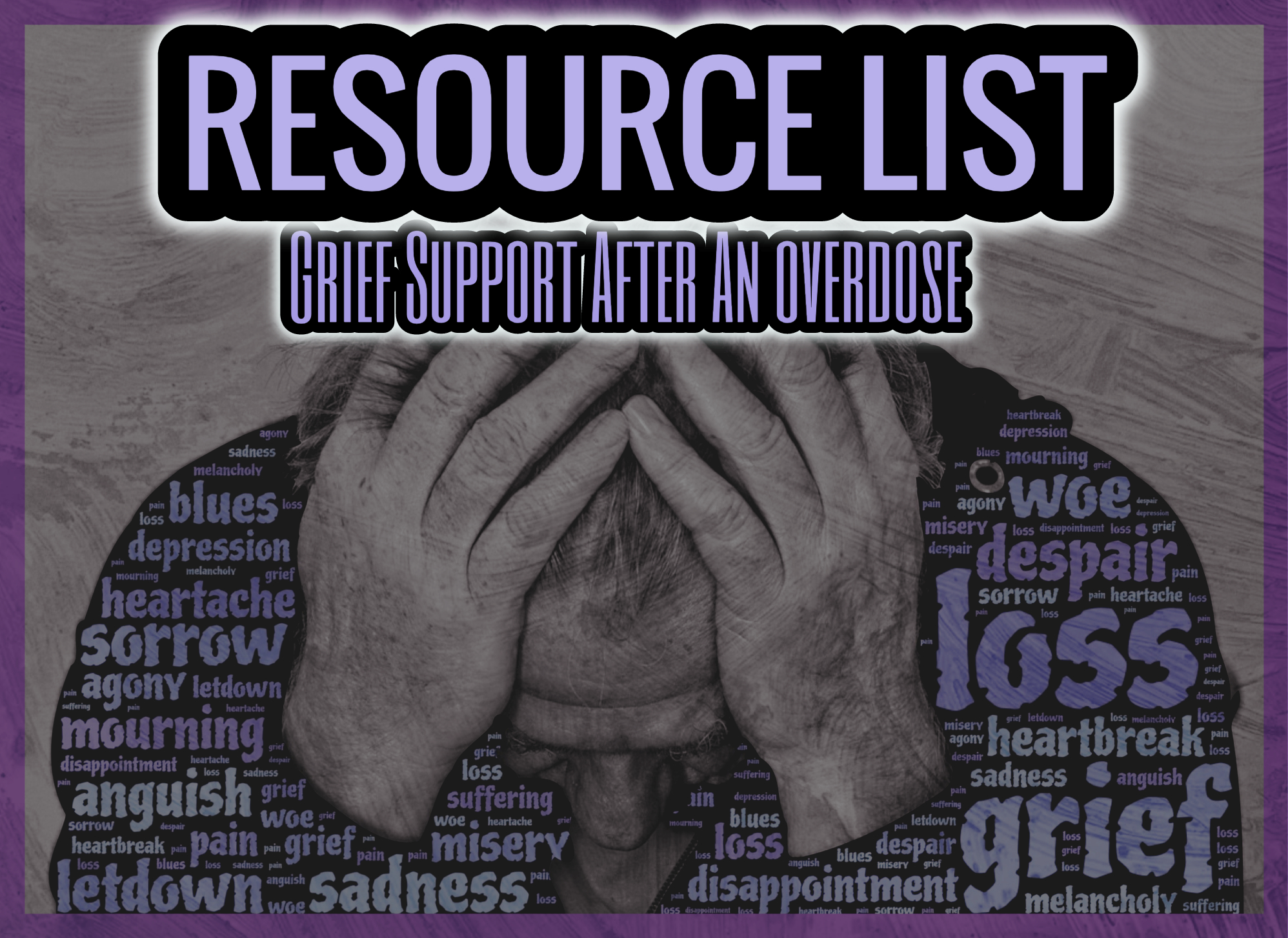Feb 09, 2019
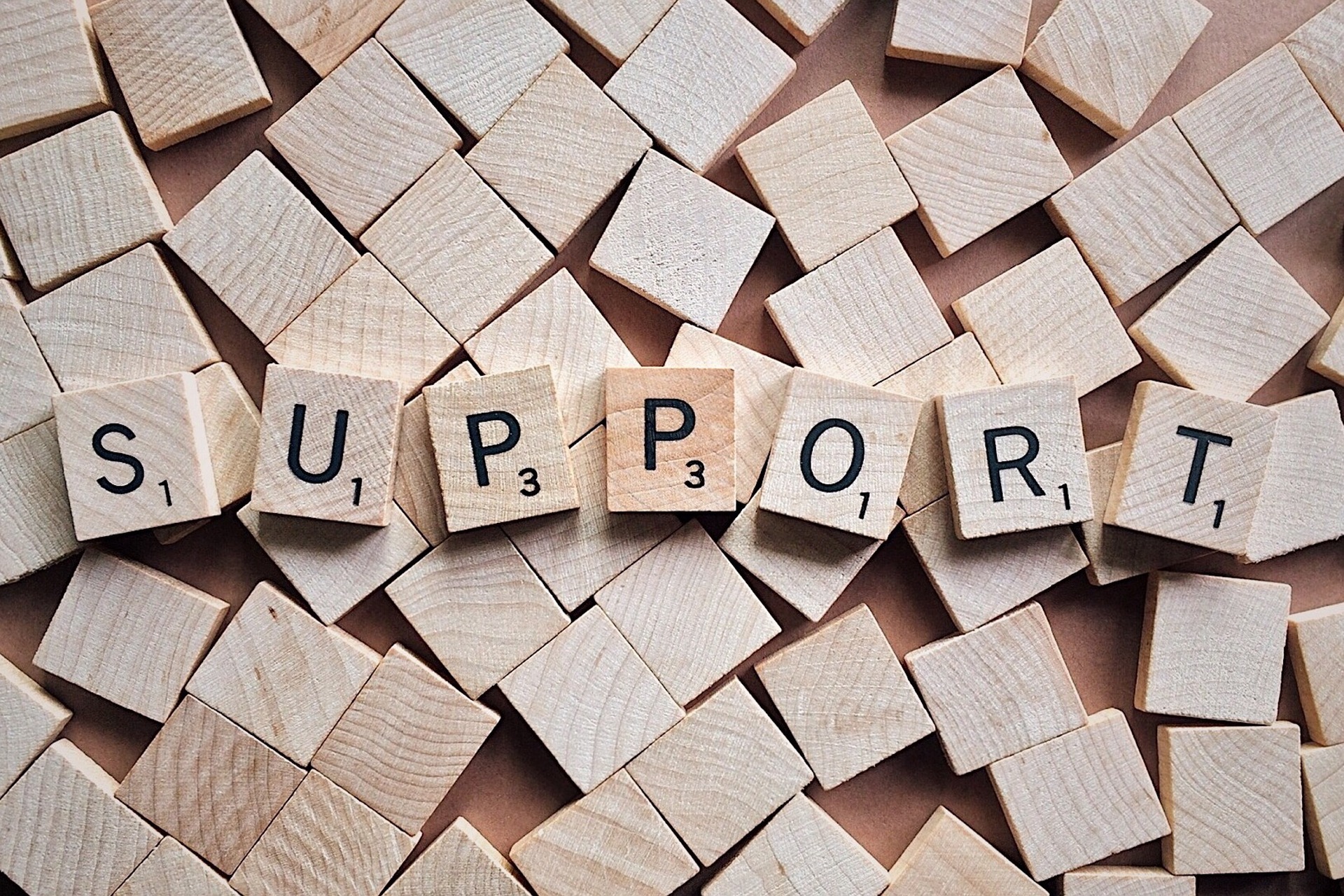
ASD is pleased to share this guest blog post from The Recovery Village, an organization that offers comprehensive and personalized addiction treatment for individuals on the path to recovery. In this guest blog post, the organization outlines several resources that funeral directors and other support professionals can provide to help families cope with complicated grief of a drug-related death.
Helping Families Cope With the Complex Grief of Overdoses
Funeral professionals know better than anyone that no two people grieve the same way. However, while the process of grief is deeply personal and universally difficult, an already unbearable situation can be made even more complicated when an overdose and addiction are involved.
Every year, thousands of friends and family members lose their loved ones to a drug overdose. Unfortunately, these numbers are only increasing. According to the National Institute on Drug Abuse, the total number of deaths from heroin overdose increased by six times from 2001 to 2014. In 2017, there were more than 72,000 drug overdose deaths. With overdose rates on the rise, it’s more important than ever before for funeral professionals to be equipped with the skills needed to comfort friends and family members in the wake of drug and alcohol-related deaths.
As a funeral professional, you may struggle to provide support to those coming to terms with a loved one’s overdose. After all, what could you really say that could soothe the mix of confusion, anger and profound sadness that they feel? While it’s clear that nothing you can do can completely curb the pain of loss, there are some steps you can take to show compassion and consideration to those dealing with the immediate grief of an overdose-related death.
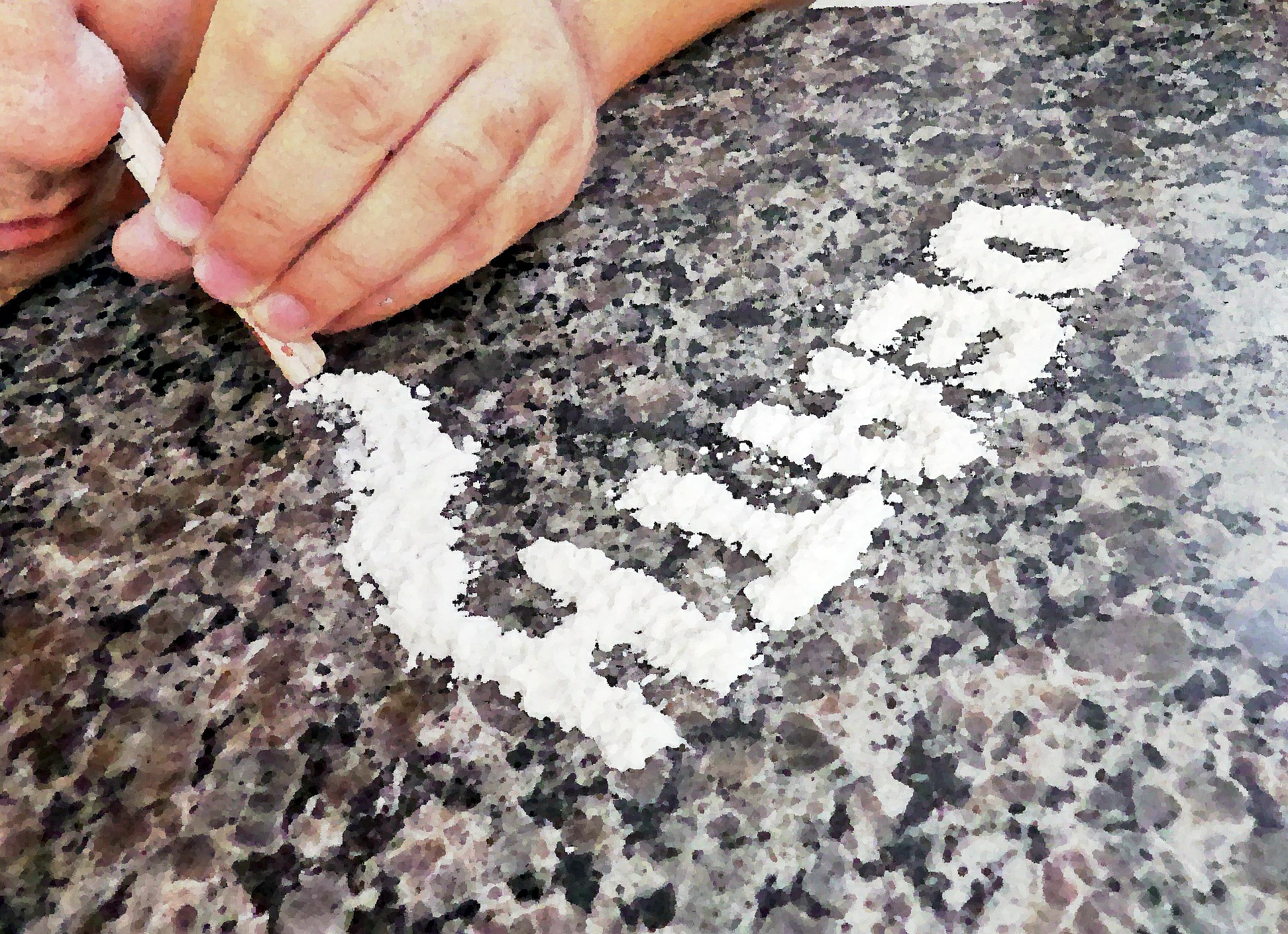
Be Mindful of Stigma
Processing any kind of grief can be overwhelming, but mourning a loved one who overdosed is often made even more painful because of the societal stigma that surrounds addiction. Several myths about addiction are still peddled as truth, and many fail to recognize the condition for what it is: a chronic brain disease. Because of this, people in your client’s life may avoid talking to them about their loss, or make them feel ashamed about the conditions of their loved one’s death.
This shaming may extend to the way your client handled their loved one’s condition before they passed. While some experts insist that those close to people with substance use disorder should continue to show them their love and support, others maintain that it’s best to shut them out completely, so as not to enable their behavior. It’s likely that your client feels some regret, regardless of the approach they took with their loved one. To hear additional criticism of their approach can be incredibly difficult, and only add to the remorse they may already feel. Instead of making these feelings worse, offer your condolences in a compassionate way that takes care not to shame or pass judgement on those mourning or the loved ones they lost.

Don’t Dismiss Their Feelings
The overdose of a loved one can leave people feeling a complex mix of emotions. In most cases, individuals undergo lengthy battles with addiction before overdosing, which may include exploitation, abuse, previous overdoses or attempted suicides. While your client is likely experiencing many of the common feelings associated with grief, including pain, sadness, longing and even anger, they may also feel a sense of relief because of the long, drawn-out nature of their loved one’s suffering. This can send them spiraling into even deeper feelings of guilt, especially if the people around them don’t understand what they’re going through.
In response to these tumultuous feelings, it can be tempting to tell someone that they don’t need to feel guilty, or that it’s not their fault. And while it may be true that they aren’t to blame for the death of their loved one, their feelings of guilt are still very real and painful. Instead of trying to convince them that they don’t need to feel what they’re feeling, try not to make any assumptions or demands about their experience of grief.
Recommend Resources
At the end of the day, there’s only so much that you can do to help the bereaved. While this is a tough reality that funeral professionals have to face with every client, it can be especially difficult for those dealing with the complicated grief of a drug-related death. Long-term support is particularly important for these individuals. Fortunately, there are a number of helpful resources that you can recommend to help them find comfort and community in the wake of their loss.
Support Groups
The experience of grief can be incredibly isolating. However, while no two people’s grief is the same, the bereaved can find some comfort and solace in people whose experiences are similar to theirs. Support groups can offer an open, accepting space for individuals struggling, where they can feel heard and understood.
Grief Recovering After a Substance Passing (GRASP), is a support group geared specifically toward grieving loved ones who overdosed or died during a struggle with addiction. With local chapter meetings held across the United States and an active Facebook group with over 7,000 members, GRASP can be an enormously therapeutic space for your clients to heal.
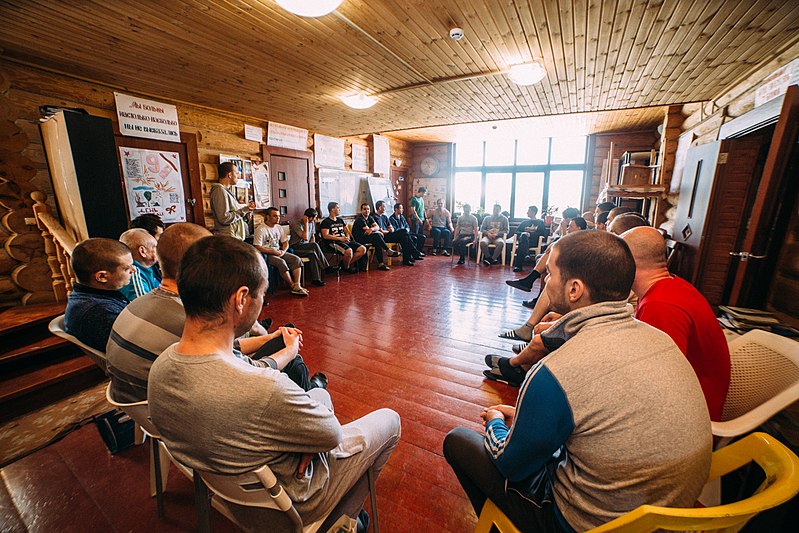 Picture By https://rebcenter-moscow.ru/ (Own work) CC BY-SA 4.0 via Wikimedia Commons
Picture By https://rebcenter-moscow.ru/ (Own work) CC BY-SA 4.0 via Wikimedia Commons
Books
Books can provide comfort during life’s most difficult situations, and the death of a loved one is no exception. GRASP, in particular, provides an extremely comprehensive list of books that can help those struggling with the death of a loved one from overdose, including:
- “It’s OK That You’re Not OK: Meeting Grief and Loss in a Culture That Doesn’t Understand,” by Megan Devine.
- “When a Child Dies from Drugs,” by Pat and Russ Wittberger.
- “Losing Jonathan,” by Linda and Robert P. Waxler.
- “Living When a Loved One Has Died,” by Earl A. Grollman.
- “Badger’s Parting Gifts,” by Susan Varley.
The complete GRASP book recommendation list can be seen here.
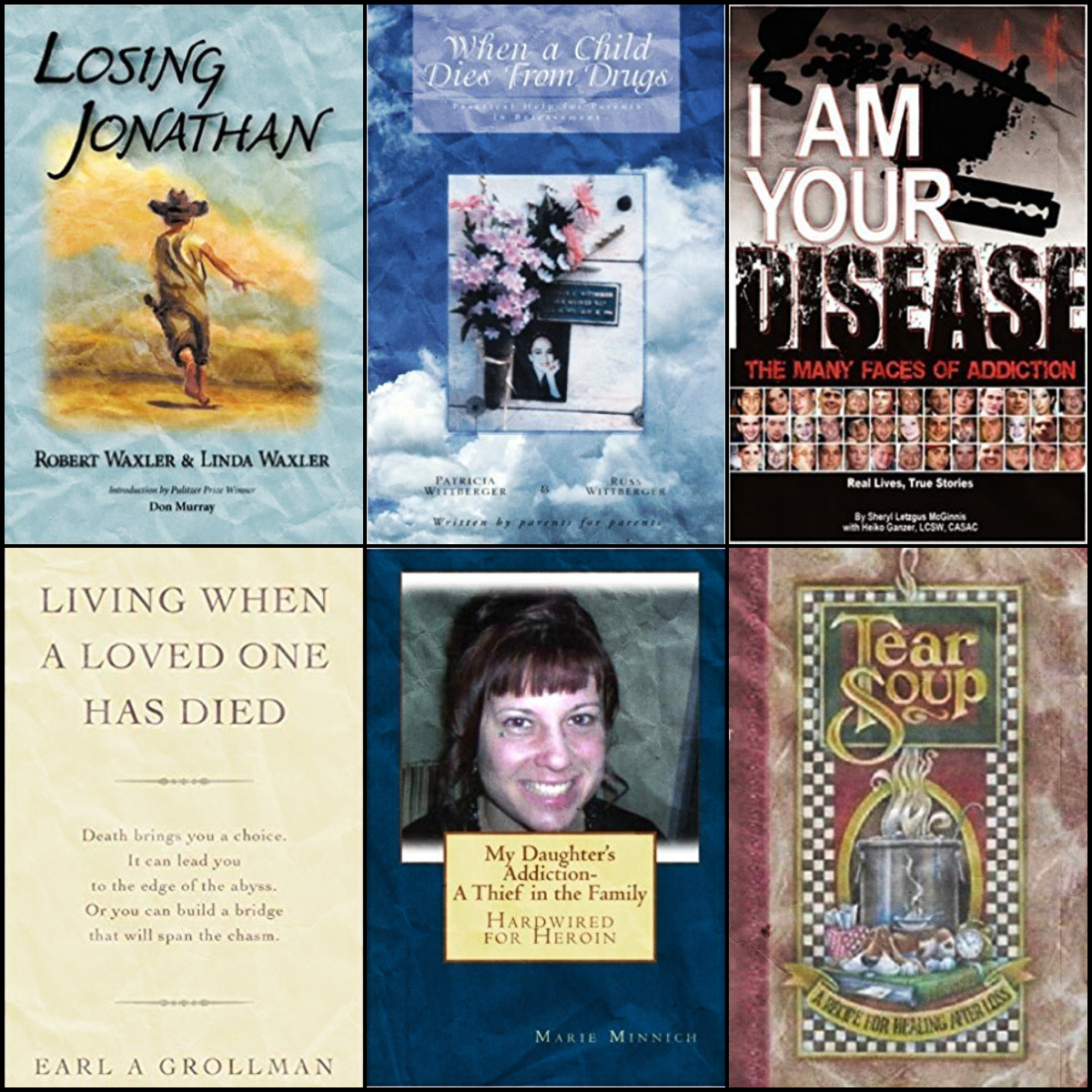
Professional Treatment
Because addiction is a genetic disease, family members grieving for their loved one lost to drugs may be with their own substance use disorders. In other cases, the stress of losing someone might be enough to catalyze addiction-related behavior. While the time in the wake of a tragic loss is undoubtedly difficult, it can also be an opportunity for those currently struggling to change their lives. Professional treatment centers, like The Recovery Village, can provide your clients with the care they need to overcome their own addictions, and begin to live happy, healthy lives in recovery.
The Recovery Village offers personalized addiction treatment for individuals on the path to recovery. The organization provides comprehensive alcohol and drug rehab programs, as well as co-occurring mental health issues. Top of the line medical care, combined with wellness programs and holistic addiction treatments such as yoga and meditation, massage and equine resources mean The Recovery House is dedicated to healing the whole self. Fully trained staff will guide patients and family to the goal of complete rehabilitation.
Related Reading:
Helping Families With Grief Support After An Overdose
7 Ways Grief is Compounded by an Overdose Death
Funeral Homes and The Opioid Crisis: Resources and Examples to Follow
About The Author
Jess Farren (Fowler)
Jess Farren (Fowler) is a Public Relations Specialist and Staff Writer who has been a part of the ASD team since 2003. Jess manages ASD’s company blog and has been published in several funeral trade magazines. She has written articles on a variety of subjects including communication, business planning, technology, marketing and funeral trends. You can contact Jess directly at Jess@myASD.com

